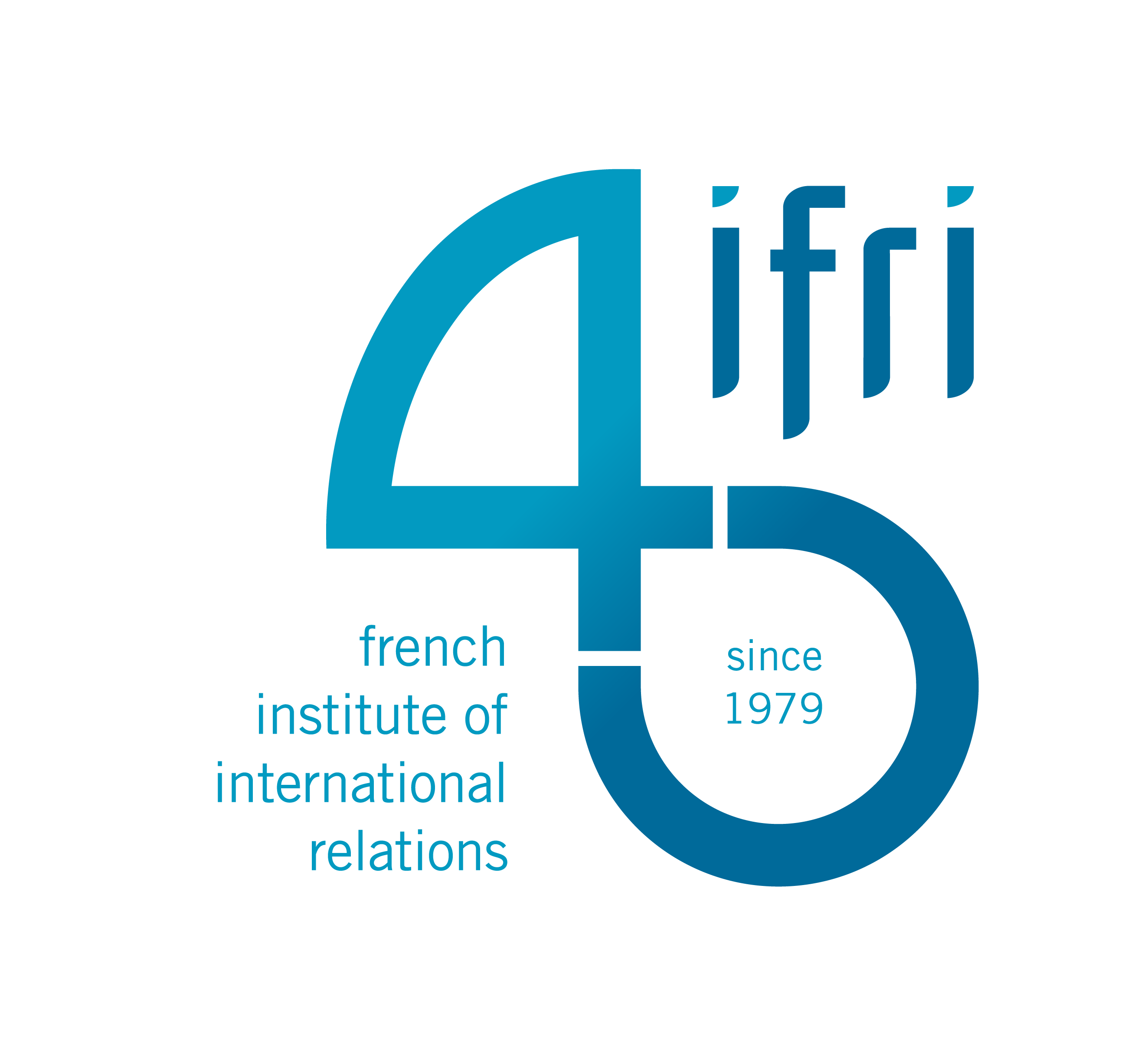Transport, energy, water and telecommunications infrastructures are vital for economic development. These infrastructures are also fundamental for the achievement of the 2030 Sustainable Development Goals (SDGs), which have suffered a setback notably due to the Covid-19 pandemic, wars and weak economic performance. Based on the Global Infrastructure Outlook, 1 the world needs 97 trillion dollars ($) in infrastructure investments (energy, water, airports, ports, rail, road and telecommunications) over 2016-2040, and based on the current investment trends ($79 trillion over the given period), the cumulative global infrastructure investment gap amounts to $18 trillion.
Bridging the global infrastructure investment gap, especially in Africa, is paramount for achieving the 2030 Sustainable Development Goals. The investment needs to be associated with the energy transitions and the fight against climate change further increase the financial gap for developing countries.
Global Gateway puts principled connectivity at the core of the EU’s external action, linking geoeconomic and climate diplomacy with development policies under a Team Europe approach.
Selected projects are to be driven both by the needs of partner countries and the EU’s interests. The aim is to mobilize 300 billion euros in investments by 2027 by using public funds to crowd in private investments.
The private sector is to play a key role in shaping the Global Gateway actions. It remains to be seen if the Team Europe approach can make a difference at the required scale. Strategic adjustments could further unleash Global Gateway’s potential.
About the Author
Before joining Ifri’s Center for Energy & Climate, Diana-Paula Gherasim worked as Advisor on Renewables and Lead on the 2030 energy & climate framework in Europe at Eurelectric, the European association representing national associations in the field of electricity from across all EU Member States. She also acted as Policy Officer in the European Affairs Department at ENGIE, where she was namely in charge of the European Green Deal. Diana has also worked in the field of management consulting and strategy consulting in developing countries, undertaking field projects namely in Ivory Coast and Kenya.


